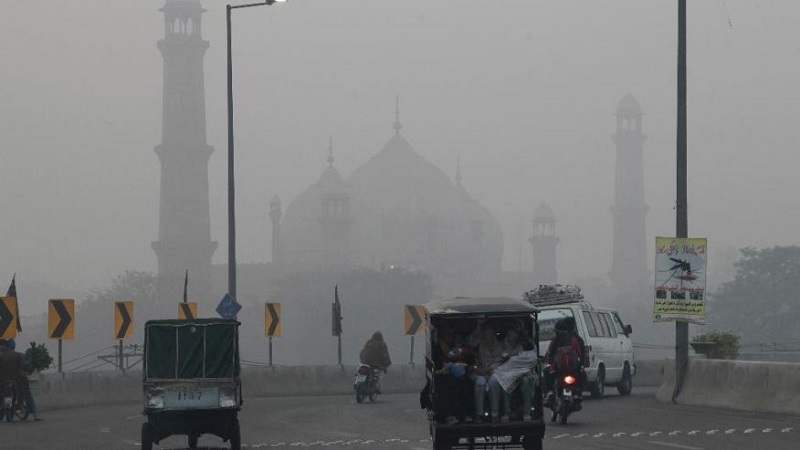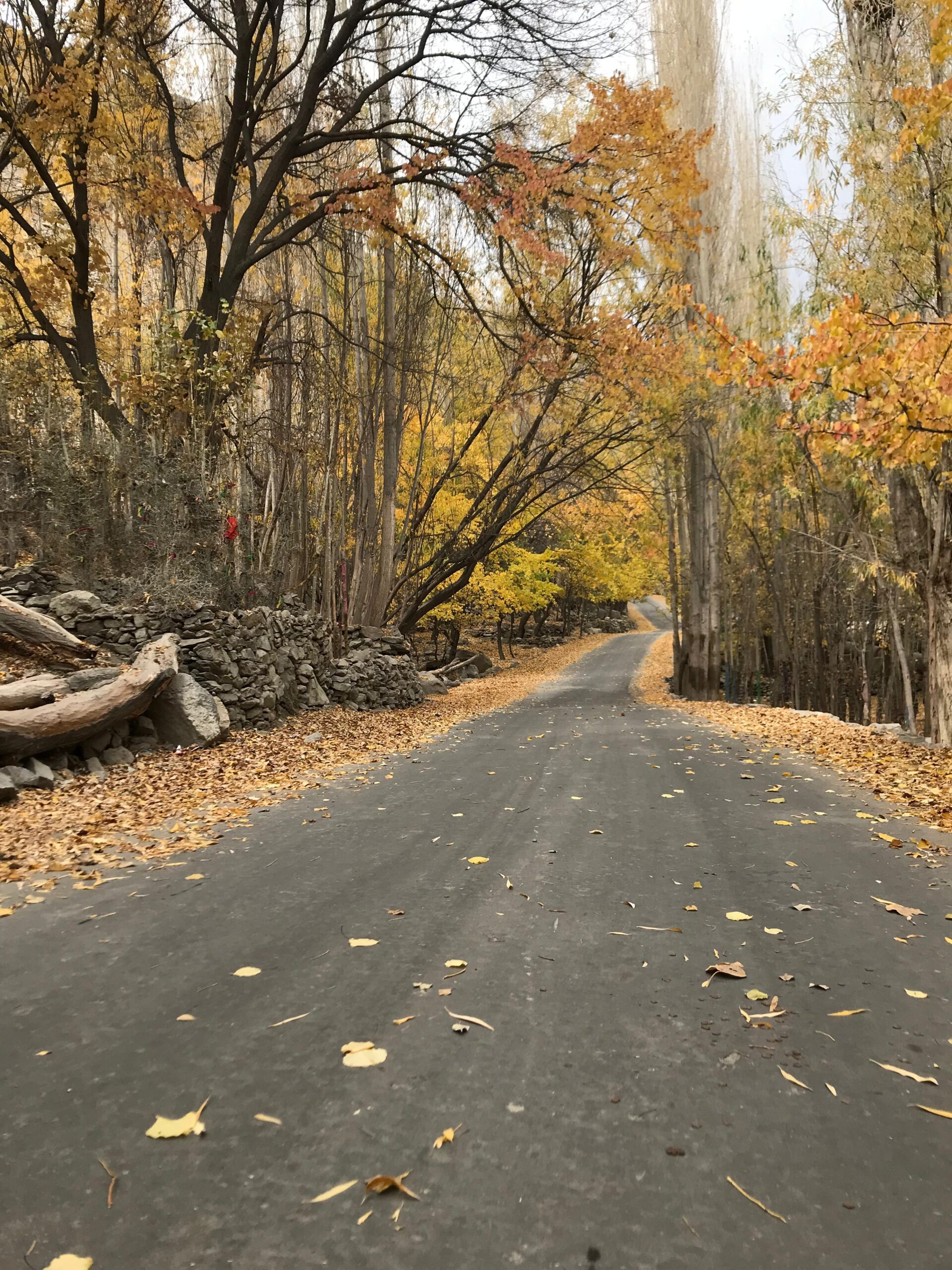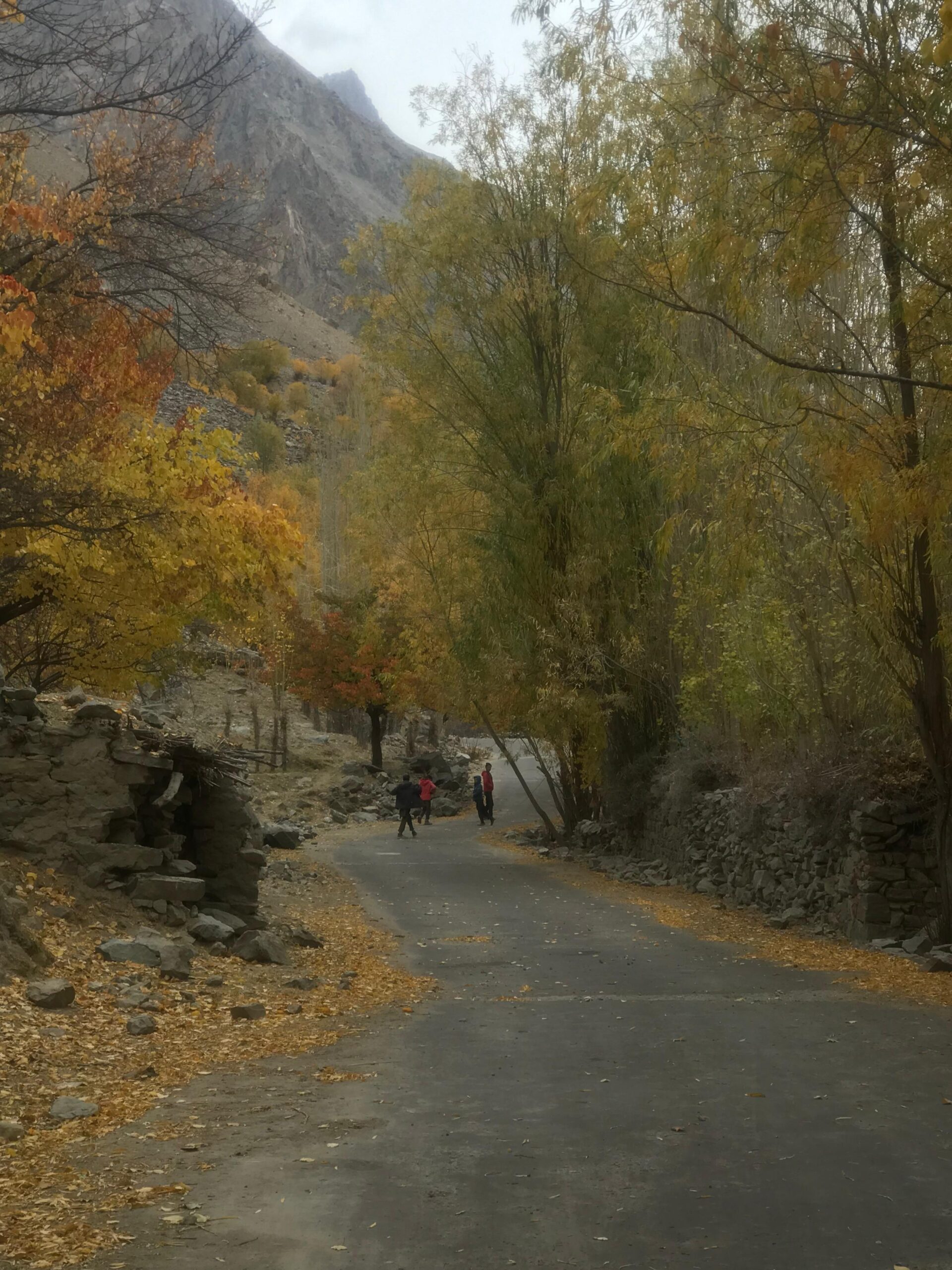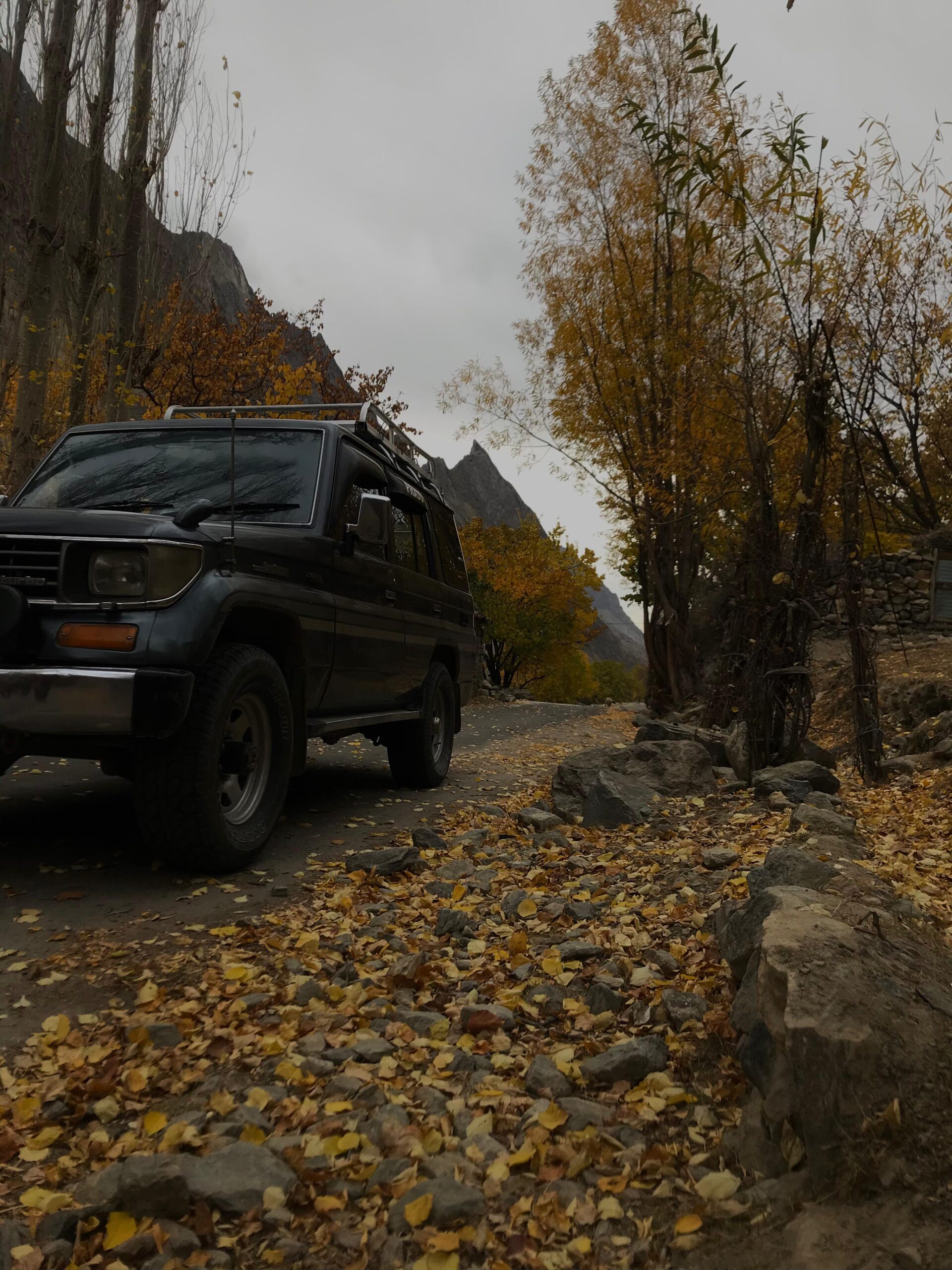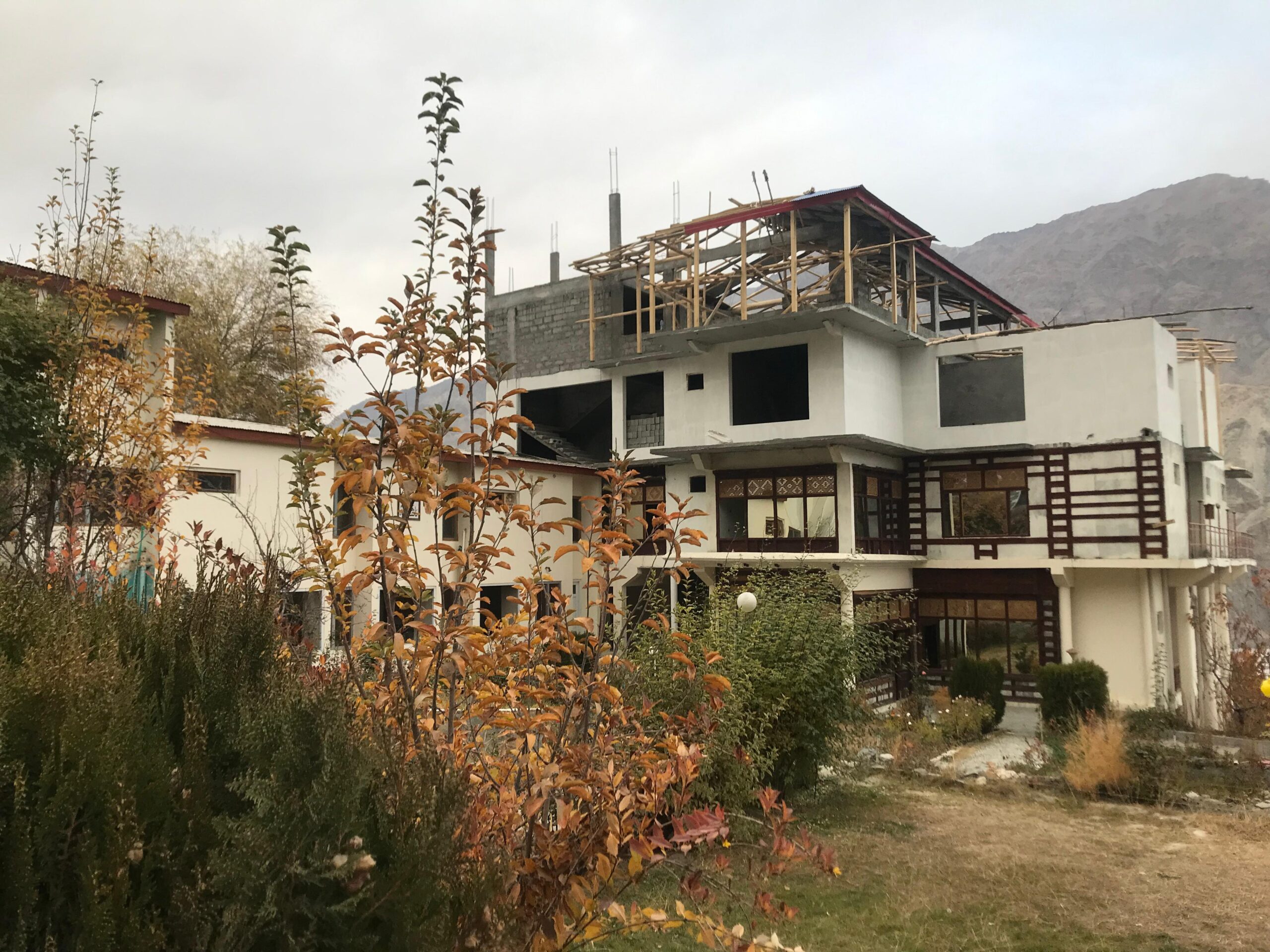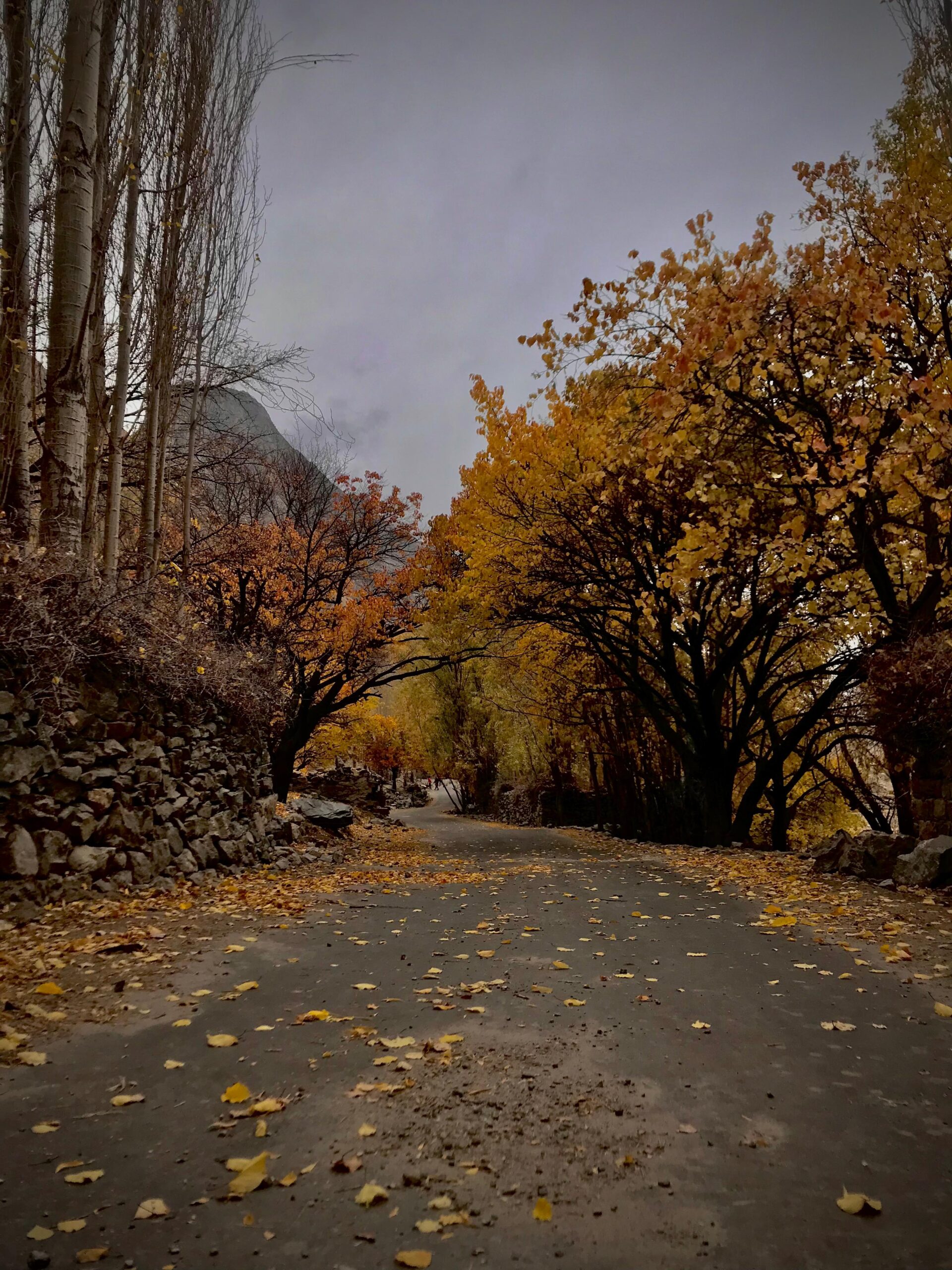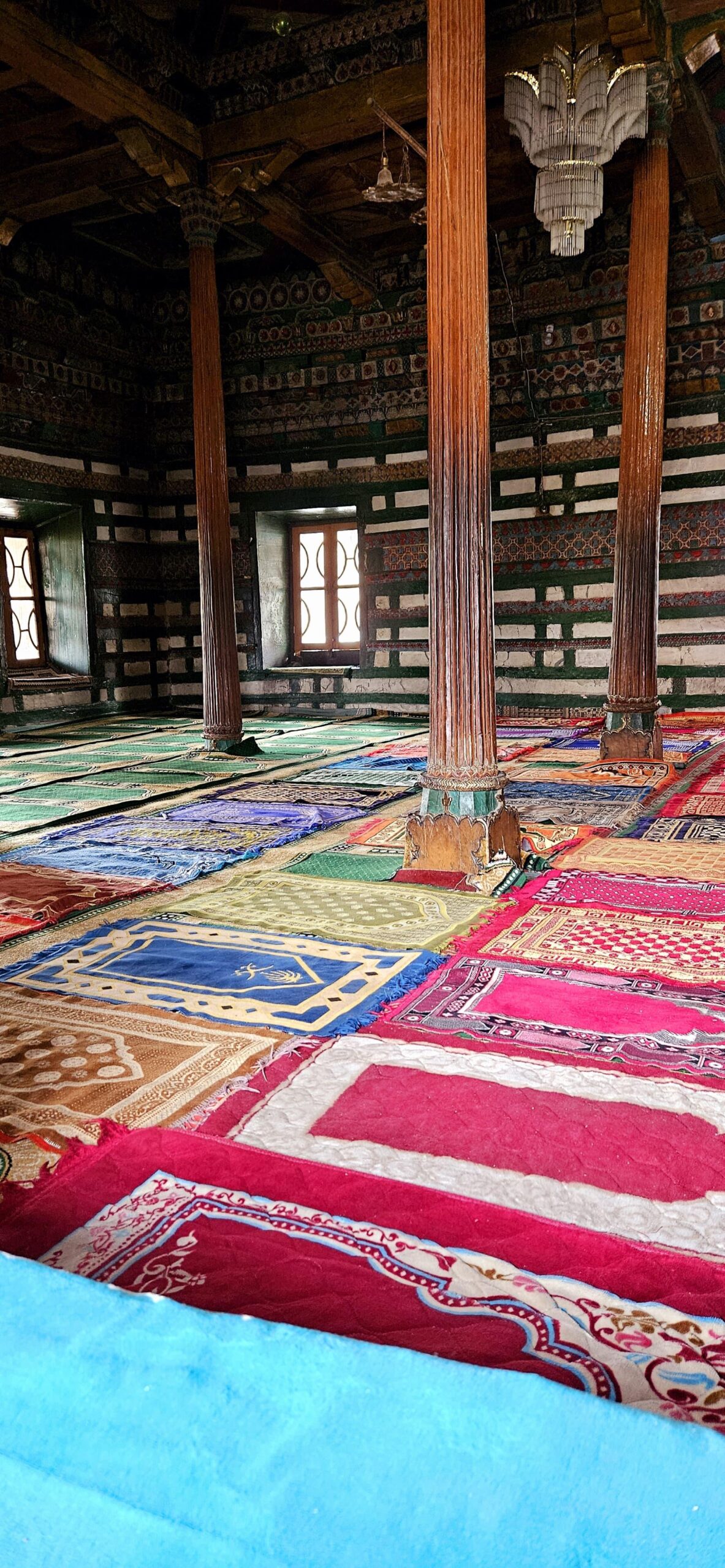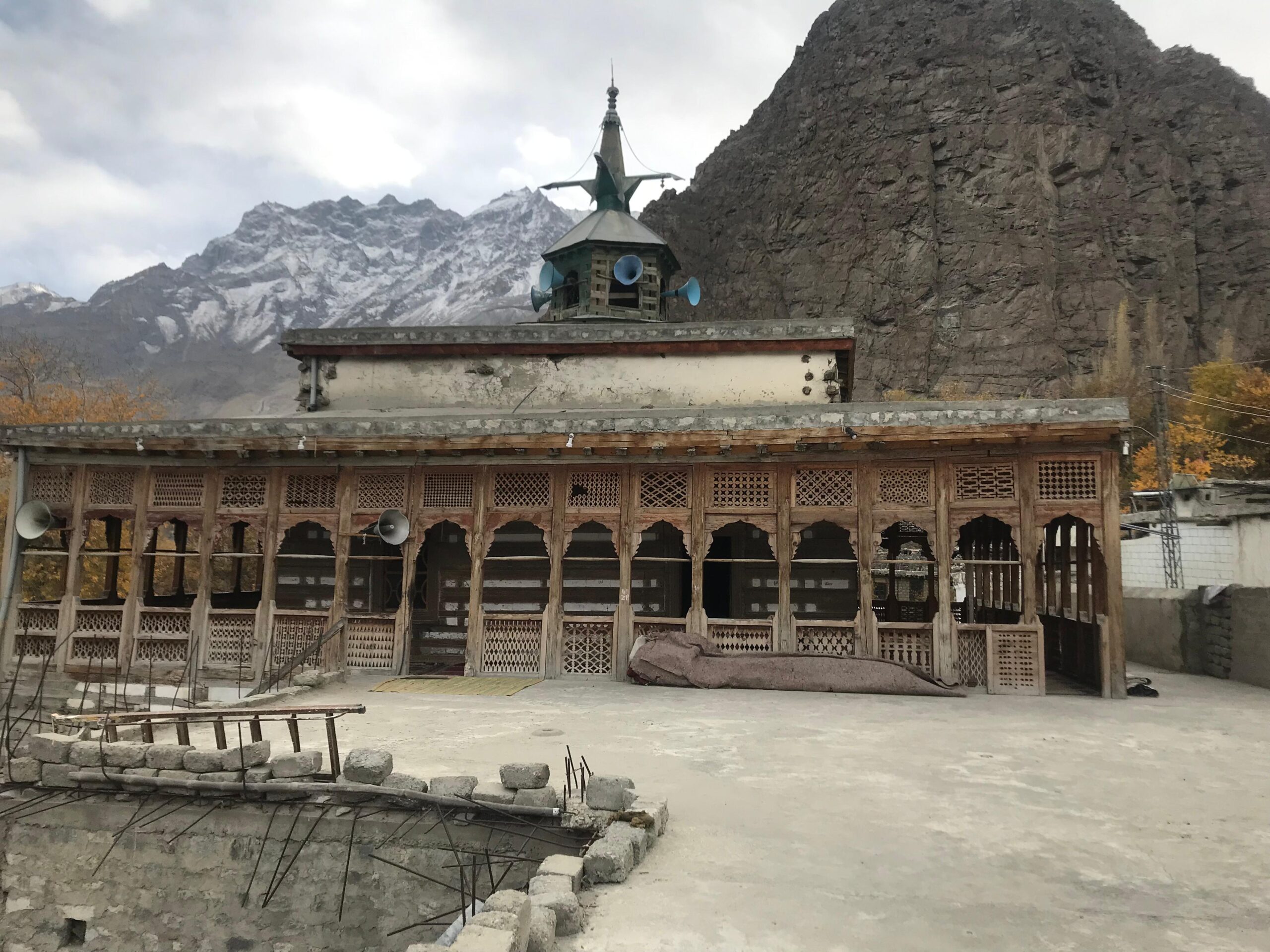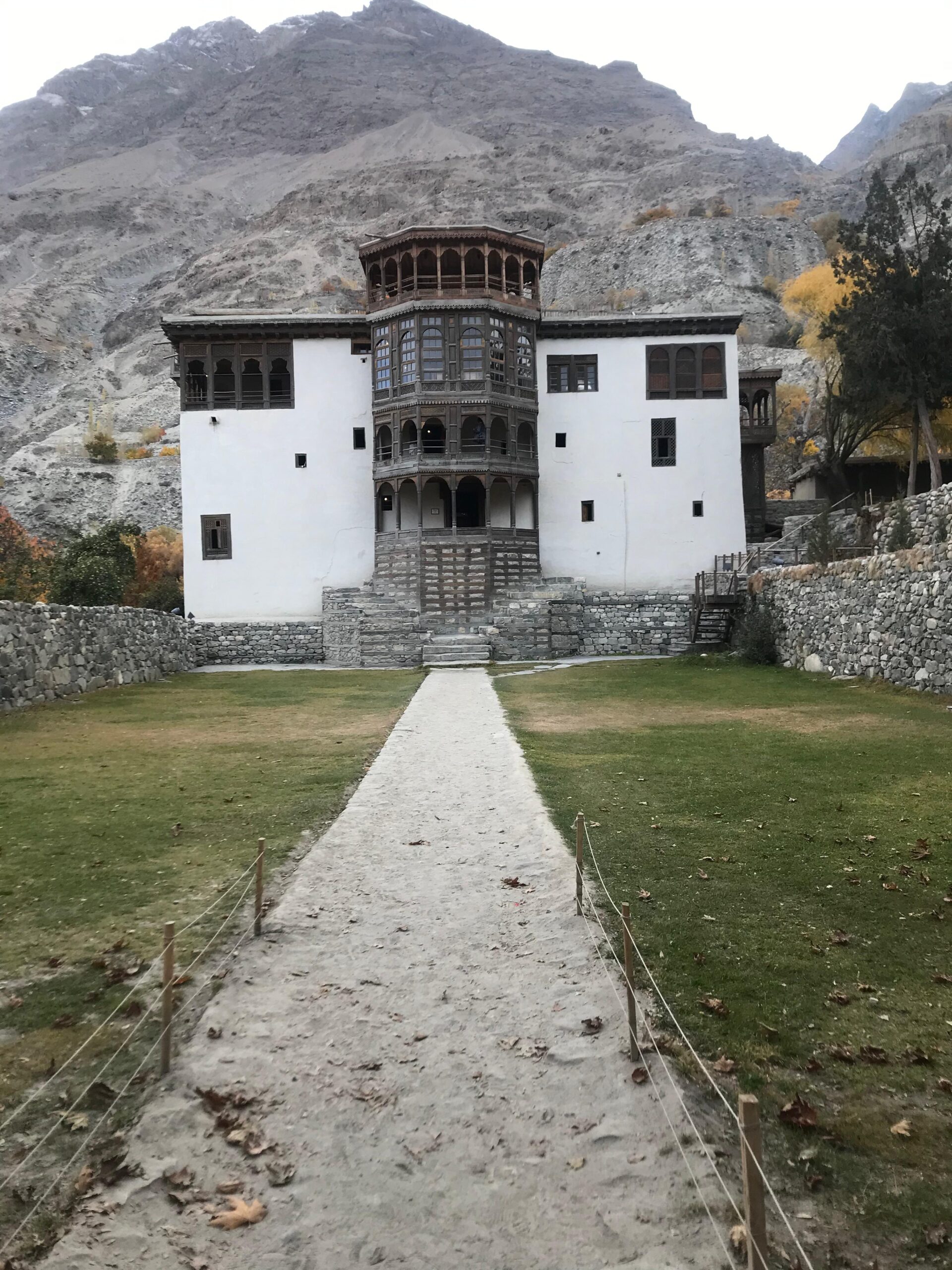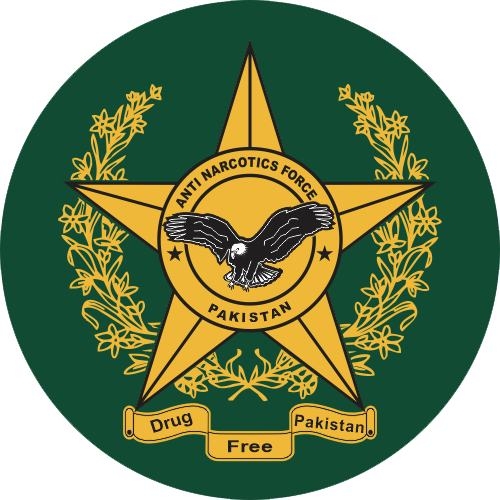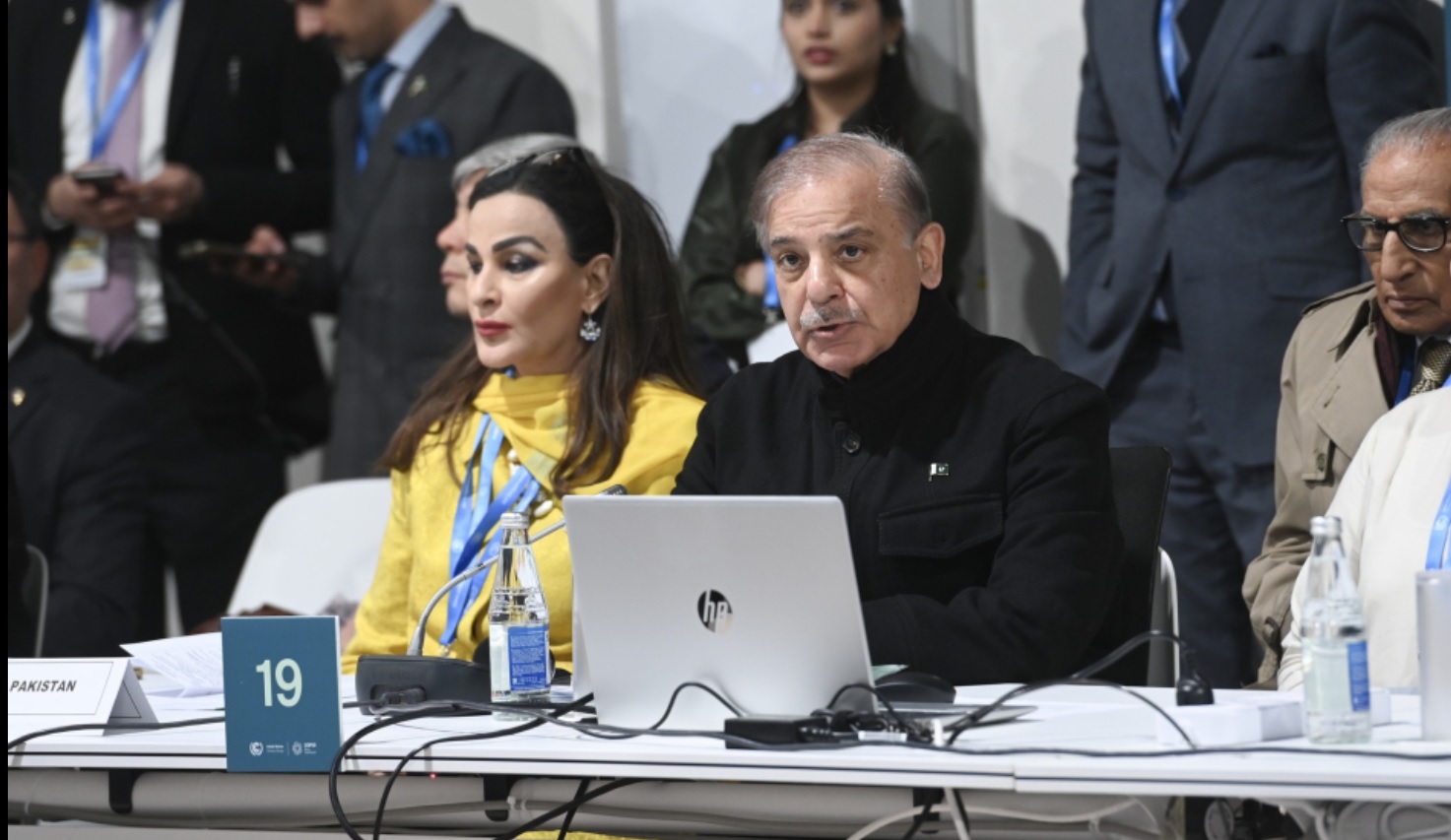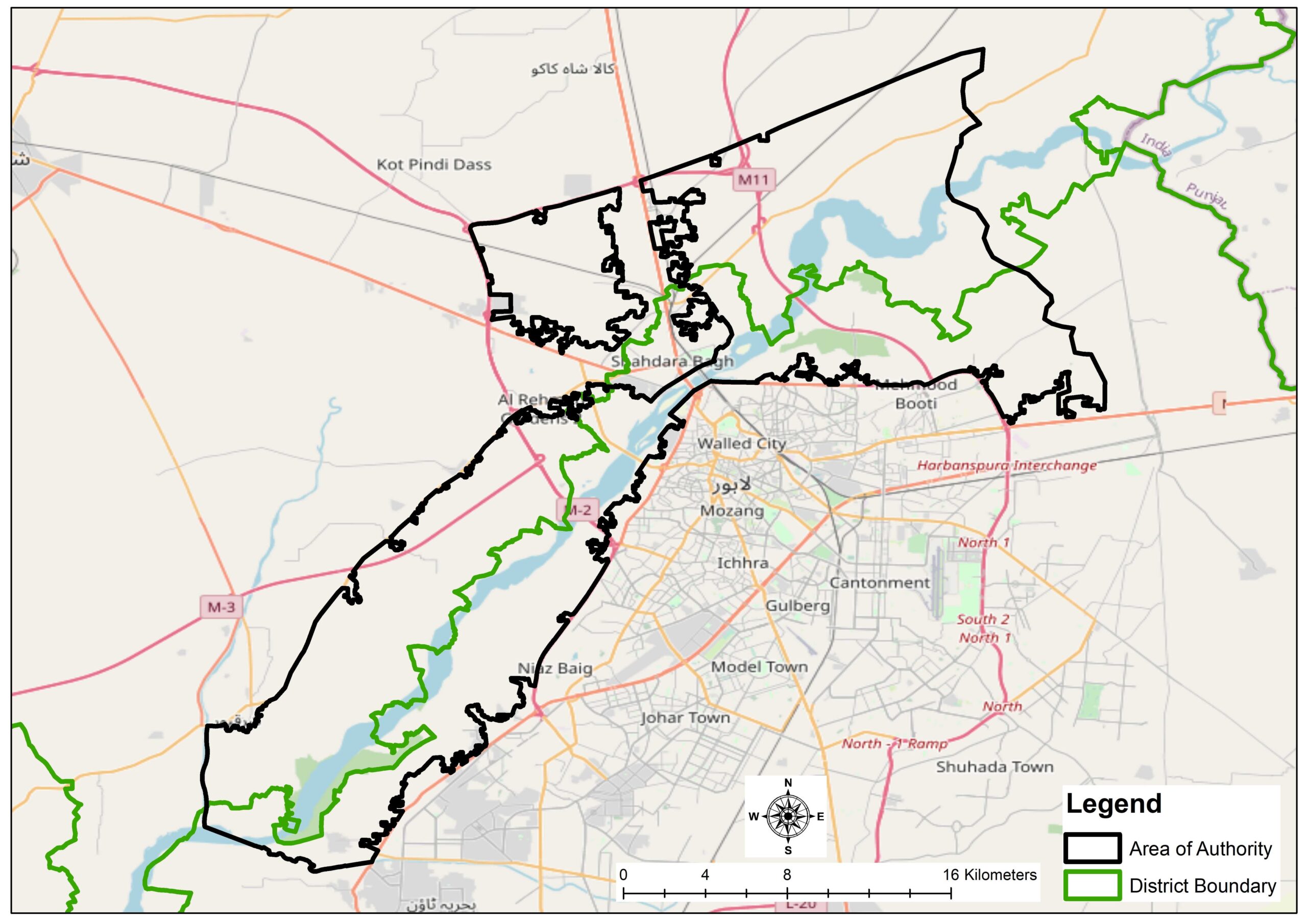Islamabad, Pakistan: Army Chief General Syed Asim Munir has reiterated that without comprehensive laws and regulations, false and misleading information and hate speech will continue to destabilize the political and social structure of Pakistan.
He was addressing a special ceremony of Margalla Dialogue 2024 held in Islamabad. The Army Chief spoke on the topic of “Pakistan’s Role in Peace and Stability” and highlighted the significant achievements in advancing regional harmony and international peace and elaborated on the following points:
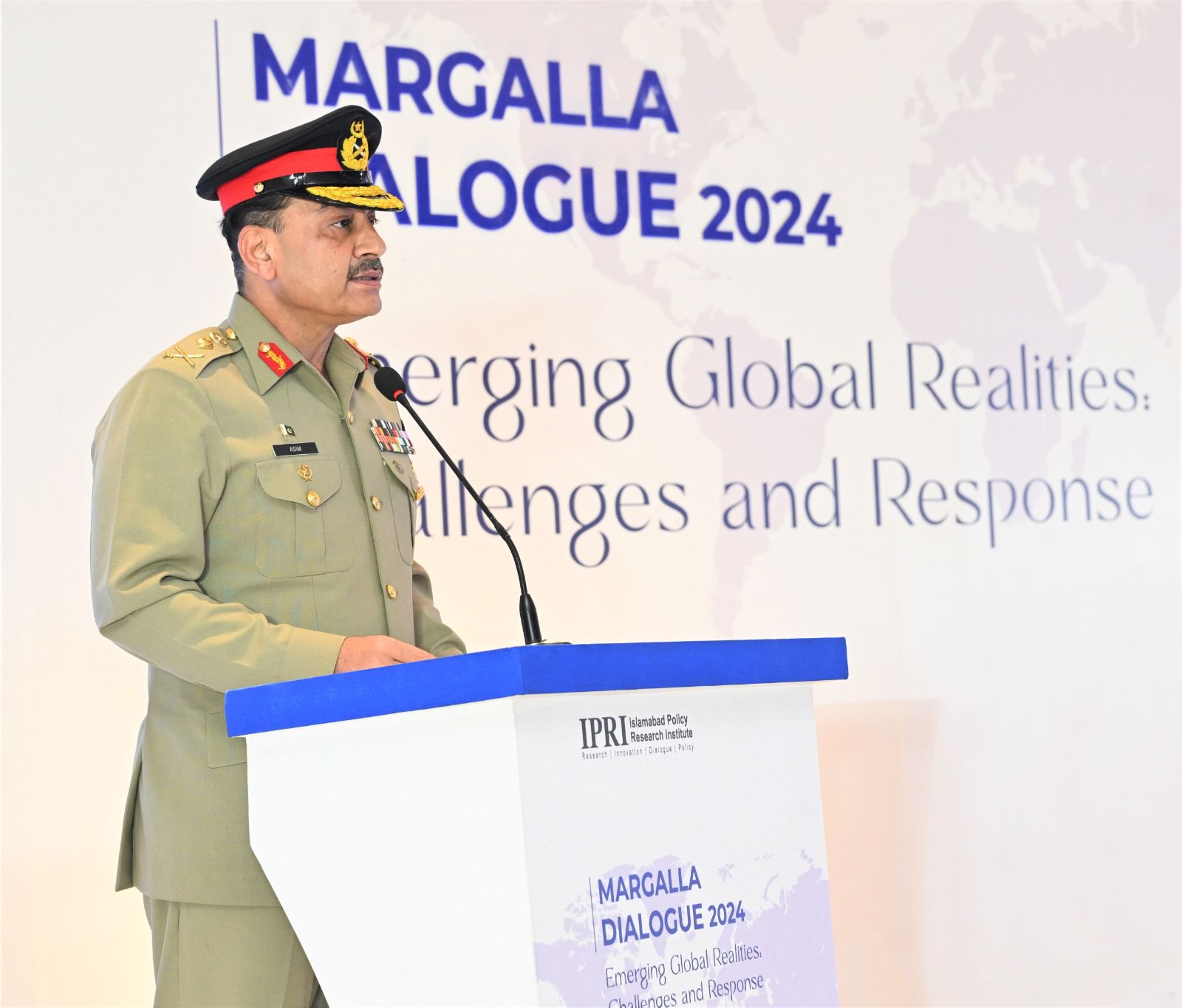
In recent years, the world has faced many challenges, among which the rapid spread of false and misleading information is a major challenge. Given the many changes in the world, the increasing influence of non-state actors is also a major challenge. Enormous changes are taking place in the economy, military and technology at the global level. Violent non-state actors and state-sponsored terrorism are a major challenge at the global level. Where technology has played a significant role in the spread of information, the spread of misleading and incorrect information is a major challenge. Without comprehensive laws and regulations, false and misleading information and hate speech will continue to destabilize the political and social structure. Without rules and regulations, freedom of expression is leading to the decline of moral values in all societies. Inequality, intolerance and division on religious, sectarian and ethnic grounds are increasing at the global level. Our common goals include tackling climate change, the fight against terrorism and global health. Major challenges Pakistan is facing is terrorism and Pakistan is playing its important role for peace and stability in the world and the region to mitigate terrorism as it is a common challenge for all humanity. Our resolve in the fight against terrorism is unwavering. A comprehensive border management regime has been established to secure our western borders as Khawarij (TTP) using the western land. Pakistan expects the Afghan interim government to not allow Afghan soil to be used against terrorism and will take strict measures in this regard. The determination to stabilize the region is an important component of the National Action Plan, which aims to eliminate terrorism and extremism. Due to India’s extremist ideology, minorities abroad, especially in the US, UK and Canada, are not safe from India’s atrocities and also in Indian Occupied Jammu and Kashmir. A solution to Jammu and Kashmir is inevitable in accordance with the UN resolutions and the aspirations of the Kashmiri people. Pakistan has always called for a ceasefire in Gaza and Lebanon. Pakistan has sent humanitarian aid to Gaza and Lebanon several times. Pakistan has always stressed the establishment of an independent Palestinian state. We will not be a part of any global conflict but will continue to play our role for peace and stability in the world. 235,000 Pakistanis have played their role in UN peacekeeping missions for the sake of global peace. 181 Pakistanis have sacrificed their lives in UN peacekeeping missions for the sake of global peace. Pakistan is a country of 240 million people, of which approximately 63% of the population is below the age of 30. Pakistan is rich in immense natural resources. Pakistan has emerged as a major country in the world in terms of agricultural production. Pakistan has large reserves of rare minerals. Pakistan Freelancing Pakistan is a major country in the world in terms of Due to all these reserves, unique geographical location, and seaport, Pakistan is of utmost importance for trade in Europe, Central Asia, and the Middle East. Pakistan has always played a positive role in regional and global peace.
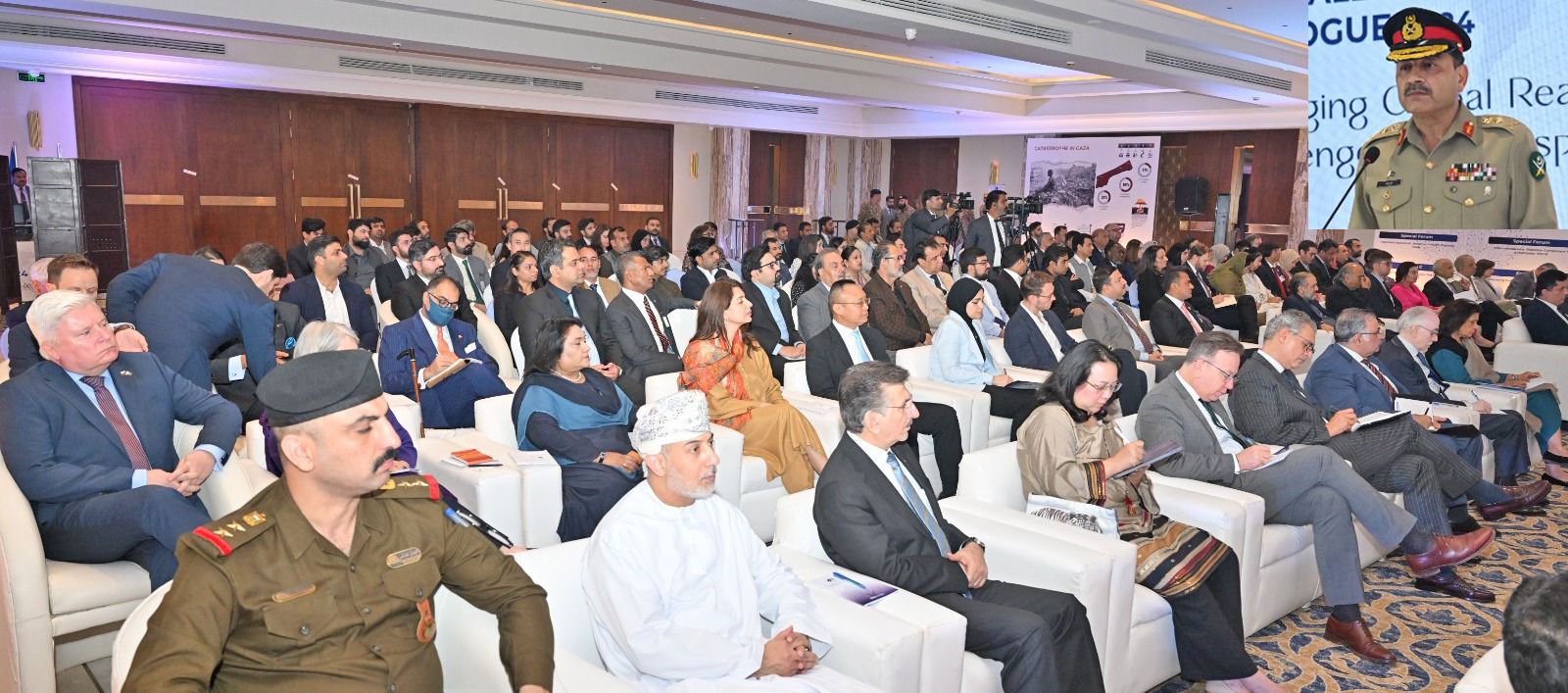
Developing story



